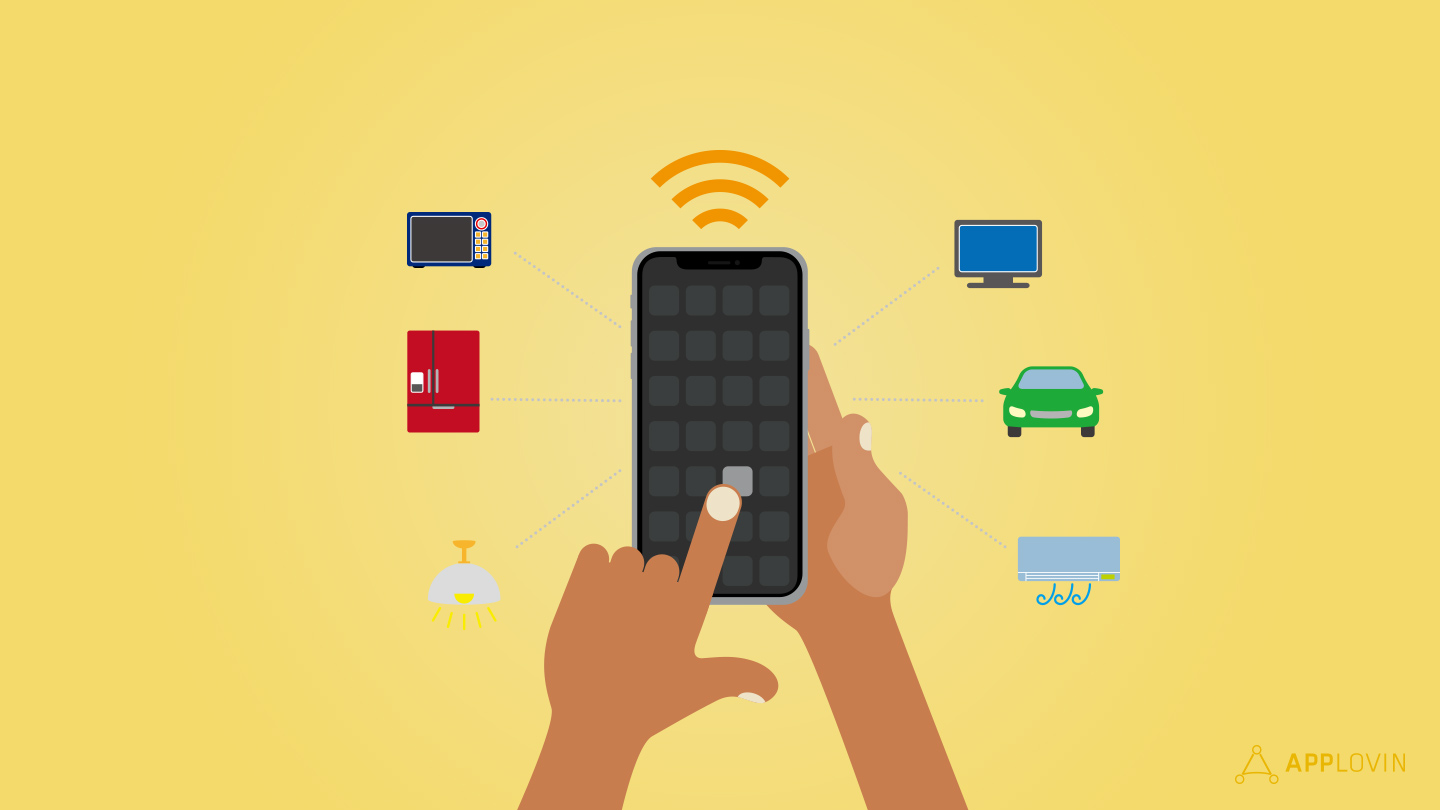Industry News & Events
Voice is ascendant, but mobile is more important than ever
Jan 26, 2018

Industry News & Events

It was easy to see that voice was the next big platform during CES 2018 with so many companies integrating both Alexa and Google Assistant into their products. Soon, consumers will be able to perform tasks anywhere in their home or even their cars with just their voice.
While voice may be the new touch, companies often forget that voice is just one input method to achieve specific goals. Instead of treating voice as its own platform, marketers and app developers have to think of voice as complementary to other platforms like mobile and automotive.
When people think about voice assistants like Siri, Google Assistant, Alexa, and Cortana, they imagine getting answers to questions and doing simple tasks like adding items to a grocery list. But voice assistants are getting smarter every day and their repertoire of abilities grows ever bigger. Soon, voice assistants will be able to coordinate different smart-devices around your home, which means voice will just be one part of the user experience.
Voice is the input, but it won’t always be the output.
For example, imagine asking a voice assistant for directions to restaurant and then asking for those directions to be sent to your car. As soon as you hop in, the directions are already loaded and you’re on your way. Additionally, you could ask your voice assistant what’s on the menu at the restaurant and have the menu sent to your phone to view. Voice is the input, but it won’t always be the output. There will always be a need for a visual interface.
Voice then, is a complementary input to touch but also to mobile. This means Apple, Amazon, Google, and Microsoft must craft an equally frictionless mobile experience if they want consumers to continue using and relying on their voice assistants.
Amazon in particular seems to be struggling with crafting a good mobile experience, as its Alexa app for iOS has a disconcerting 2.6 out of 5 star rating from over 4,000 reviews. Complaints range from app crashes to the inability to complete basic tasks like accessing a shopping list offline. Moreover, discovering new skills in the app is a frustrating experience with the same skills showing up repeatedly. Amazon Echo users are also experiencing troubles with integrating with Sonos and even simply setting up the device. This is not a good first impression.
But Amazon isn’t alone in needing to craft a good mobile experience. Google Home works well for controlling music and speakers, but there are still nagging issues that cause friction in the mobile experience. Google recently added multiple user support to its smart speakers but they still can’t add events to anything but your default calendar. And of course, Google Assistant doesn’t work with third-party services like Microsoft Office 365 for adding events or using Outlook to send emails.
Voice needs to solve problems, not create them.
For doing actual work, our mobile phones and computers still offer a better experience than voice. Users may be able to achieve small tasks using voice but mobile is much more powerful. Voice is great for sending simple messages but you’re not going to draft an email to your boss by dictating it to Google Home or Amazon Echo. As a result, voice should be treated as a compliment to mobile and not its own platform.
The reason voice has seen such success thus far is because it eliminates friction for simple tasks. But the moment voice causes more friction than it reduces, consumers will turn their backs on the technology. In order for voice assistants to continue succeeding, they must complement an excellent mobile experience. Voice needs to solve problems, not create them.
There’s no denying that voice assistants are here to stay and that it will fundamentally change the way we use our mobile devices. Simple tasks will be taken over by voice, but mobile will still play a critical part in our daily lives. There are somethings that our mobile phones just do better and as a result, our mobile phones aren’t going away anytime soon.